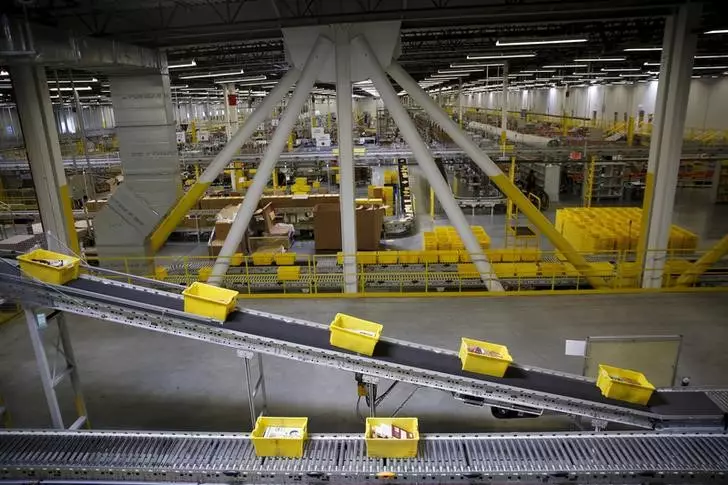In recent years, the urgent need for environmental restoration has dominated global discussions, as climate change continues its relentless advance. One of the most significant arenas for this fight is the Amazon rainforest, a crucial ecosystem that plays an indispensable role in absorbing carbon dioxide and regulating the planet’s climate. Amidst this urgent backdrop, innovative partnerships are shaping the future of reforestation efforts in Brazil. A notable example is the collaboration between re.green, a startup supported by private equity, and Agro Penido, a Brazilian agribusiness firm, aiming to revitalize 600 hectares of land.
Re.green’s partnership with Agro Penido marks a significant development in Brazil’s growing reforestation landscape. Agro Penido is a key player in the agribusiness sector, operating nearly 40,000 hectares primarily focused on crops like soybeans and corn. This collaboration signifies a strategic move: rather than solely acquiring land, re.green seeks to engage directly with landowners, integrating them into the reforestation efforts. Thiago Picolo, CEO of re.green, emphasizes the importance of partnerships with landowners to achieve the company’s ambitious goal of restoring 1 million hectares—an area that exponentially exceeds the size of Delaware.
The initiative will involve planting native Amazon species in less productive zones of Agro Penido’s extensive farmland, which could simultaneously yield sustainable timber alongside carbon credits. This dual benefit of reforestation—ecological restoration coupled with commercial viability—underscores a promising model of sustainable investment that could inspire similar movements in other regions facing environmental degradation.
The restoration of degraded lands does not merely possess ecological significance; it also holds substantial economic potential. The generation of carbon credits through reforestation projects is a central component of this new economic paradigm. By transforming land back into forests, companies like re.green can sell credits representing a ton of carbon dioxide removed from the atmosphere. These credits have been highly sought after, commanding prices between $50 and $100 in private transactions, particularly as companies such as Google, Microsoft, and Meta engage in purchasing these credits to offset their carbon footprints.
Pivotal to this arrangement is Brazil’s recently established legal framework for carbon credit trading. This not only facilitates the sale of carbon credits but also legitimizes and supports the burgeoning reforestation sector. While some critics argue that such offsets allow firms to continue polluting without addressing the root causes, the strategic realignment towards sustainable practices could ultimately lead to significant reductions in overall greenhouse gas emissions.
Projected Outcomes and Future Prospects
Re.green’s initial phase with Agro Penido has the potential to yield approximately 300,000 carbon credits over several decades, a robust indicator of the project’s viability and scale. This could positively impact not only investor returns but also the larger goal of battling climate change. The collaboration is not merely a beginning; it serves as a template for future partnerships that could amplify the scale of reforestation efforts across Brazil.
Furthermore, the response from Agro Penido’s ownership group illustrates a growing commitment to environmental stewardship. Caio Penido acknowledges that this is just the start of expanding the project, hinting at the possibility of broadening their reforestation endeavors to as much as 1,200 hectares. This significant potential for expansion puts into perspective how collaborative initiatives can drive larger systemic changes in the agricultural landscape.
The partnership between re.green and Agro Penido marks an encouraging step forward in the reforestation movement within Brazil. As climate change poses unprecedented challenges, these innovative collaborations bring forth a blend of ecological restoration and economic opportunity. Engaging landowners directly in reforestation not only enhances the feasibility of projects but also fosters a sense of shared responsibility towards preserving the planet’s vital ecosystems.
For sustainable livelihoods, economic growth, and environmental health to coexist, initiatives like this one will need to proliferate. This collaboration exemplifies the power of collective action in tackling pressing environmental issues and sets a precedent for future investments that prioritize the health of our planet while simultaneously generating economic benefits.

